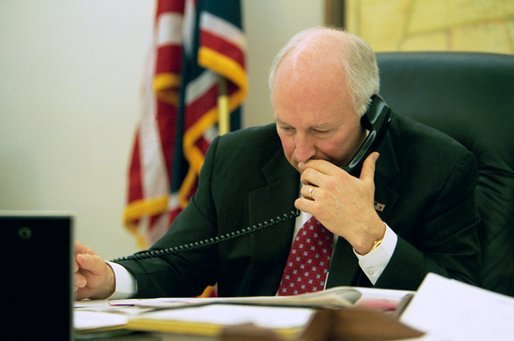 This Monday’s Wall Street Journal reports that Southwest Airlines has been flying 82 planes for years with parts of unknown quality in potentially critical locations. The report states that the pieces in question are supposed to “protect movable panels on the rear of the wings from hot engine exhaust.” That’s an obfuscated way of saying that the parts protect the aircraft’s flaps. Flaps are deployed at both takeoff and landing. If those fail, several bad things can happen:
This Monday’s Wall Street Journal reports that Southwest Airlines has been flying 82 planes for years with parts of unknown quality in potentially critical locations. The report states that the pieces in question are supposed to “protect movable panels on the rear of the wings from hot engine exhaust.” That’s an obfuscated way of saying that the parts protect the aircraft’s flaps. Flaps are deployed at both takeoff and landing. If those fail, several bad things can happen:
- If flaps on one wing fail to extend as expected, when the other side deploys, the plane could pitch.
- If the flaps on both sides fail to deploy, the plane will not slow to a normal landing speed.
- In the most unlikely event that the integrity of the flaps themselves fails, all manner of bad things could happen.
Most failure modes involving flaps are probably recoverable in and of themselves. However, these sorts of failures happen close to ground, leaving little time to react to problems.
The authors write in the article, however, that, “Both Southwest and FAA agree that the parts, some of which have been on the planes for up to three years without causing apparent problems, don’t pose an imminent hazard.”
While it’s good that they’ve not spotted a failure, many failures go undetected for years, during which metal fatigue sets in. Often there are indications of impending failure, such as cracks. Southwest has indicated that they will increase their inspections between now and the time the parts are replaced.
Here’s the rub: because the construction method of these parts is untested, one wonders whether inspections are sufficient to mitigate the problem. This leaves the FAA with a dilemna: make life miseerable for hundreds of thousands of passengers while SWA corrects the problem or take a risk with the lives of a few hundred people.
One way or another, SWA should face a stiff penalty for putting travelers at risk, and forcing the FAA into this situation.
 The news media is reporting
The news media is reporting  New research
New research It’s so often that we see dismal decisions out of the Supreme Court that perhaps we should go to some additional effort to highlight good ones. On June 25th, the Court announced its decision in
It’s so often that we see dismal decisions out of the Supreme Court that perhaps we should go to some additional effort to highlight good ones. On June 25th, the Court announced its decision in  A recent
A recent